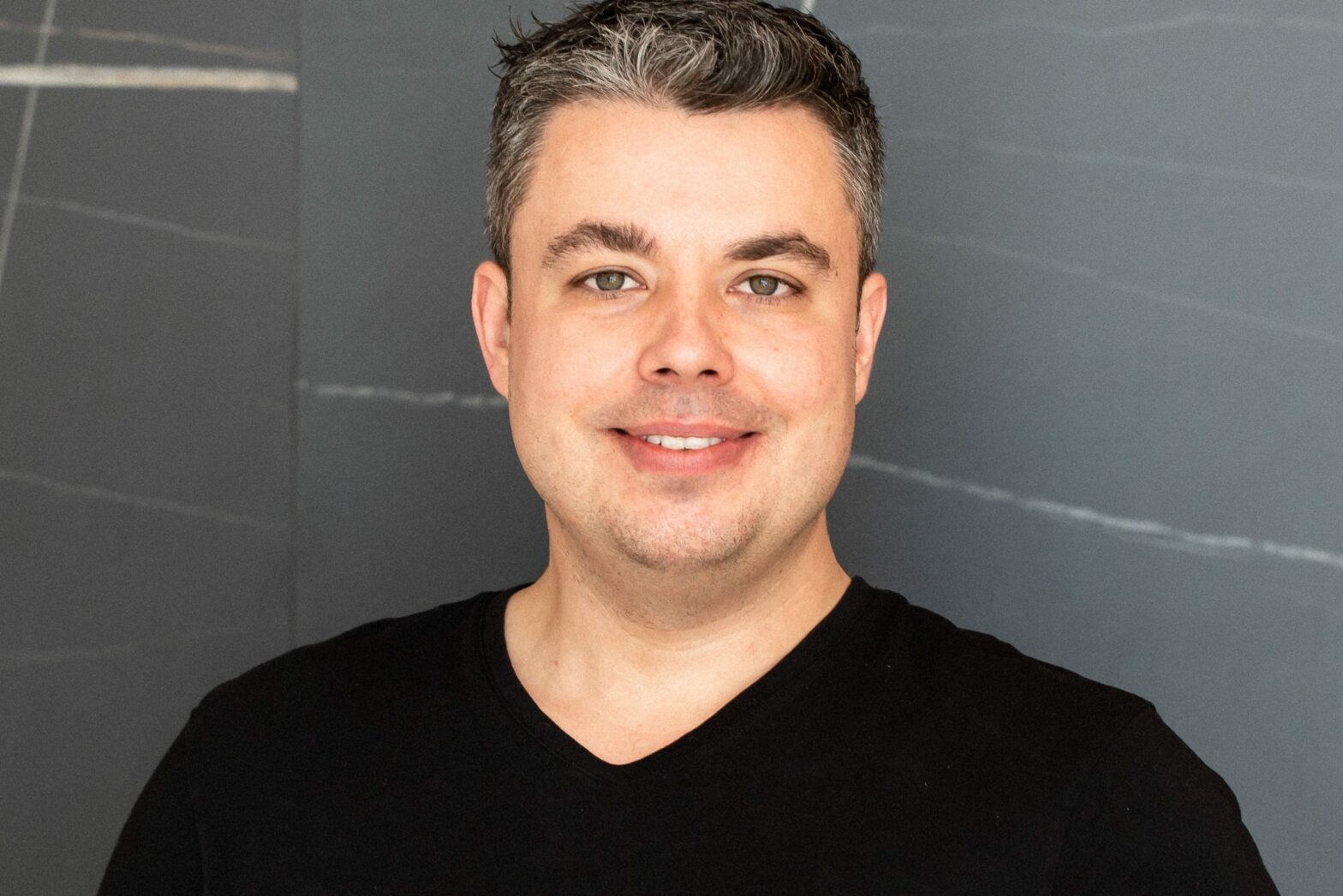FoundersLane, the Berlin-based corporate venture builder, wants to create €1bn worth of start-ups by the end of 2022.
Four-year-old FoundersLane has had three start-ups launch officially so far in the health and climate change sectors, including energy software start-up Solytic, which uses AI and data analytics to optimise solar panel performance, a business co-created with Swedish utility Vattenfall.
However, it has other start-ups in development in China, Kuwait and Russia, as well as in Europe including the UK.
The company both develops start-ups from scratch for corporates and identifies suitable start-ups for corporates to invest in.
Although large companies such as Jaguar LandRover have venture capital arms and others, such as AXA, have start-up incubators, FoundersLane is independent and works with over 30 corporates worth multi billions of euros.
>See also: Wanted: entrepreneurs to run multimillion-pound tech startups
Felix Staeritz, founder and CEO of FoundersLane, says the problem for most corporates is that although they can invest in start-ups, they do not wholly own them, which means they cannot open them up fully to what they own, which could be data or customers or physical assets, because of compliance and regulatory issues.
‘What’s important is that we all commit to solving the health and climate challenges we all face’
At the same time, hot start-up founders shy away from being owned by corporates either because they do not want that kind of oversight and control or because they want equity.
FoundersLane offers corporates a bespoke solution, creating digital businesses from scratch working with its network of 100 experienced founders from around the world. It has teams all working remotely based in Germany, Moscow, Middle East and UK.
>See also: Untitled Ventures raising £46m for AI-driven start-ups in Eastern Europe
Staeritz said: “If you’re a big energy company with a history in coal or petrol and you need to move into renewables, then it’s super hard.
“Commercialising and scaling start-ups is really difficult. You need people who have experience of going through this journey as a co-pilot, it’s not just about giving a pretty presentation.”
Staeritz says he got the idea for FoundersLane after he was approached by a corporate venting its frustration that because it did not own the start-ups funded through its innovation labs, they could not fully integrate them into its wider business.
Each corporate pays FoundersLane a monthly retainer for creating and running the start-up and Staeritz and his team also take a share of equity in the new business.
Staeritz is evangelical about what he sees as the FoundersLane mission.
“We need innovation so much because when it comes to energy and health the planet doesn’t have a lot of time. What we don’t want to do is be an ambulance chaser, always running after the latest trendy business idea. For me, the driver is to make a difference, building something which could change people’s lives. Who’s building that? McKinsey? No. Venture capitalists? Of course not, they’re looking for a fast return. The corporates on their own? No, because they can’t attract the talent. There’s a big gap in the market that can only be addressed by corporate venture building.
“It doesn’t matter if you’re an entrepreneur, a start-up or a scale-up, what’s important is that we all commit to solving the health and climate challenges we all face. Politicians can’t solve it. Corporate venture building, creating start-ups to solve health and climate problems using the resources of billion-euro corporates, that’s the answer.”
Further reading
Scale-ups face £15bn funding shortfall as coronavirus ravages investment






